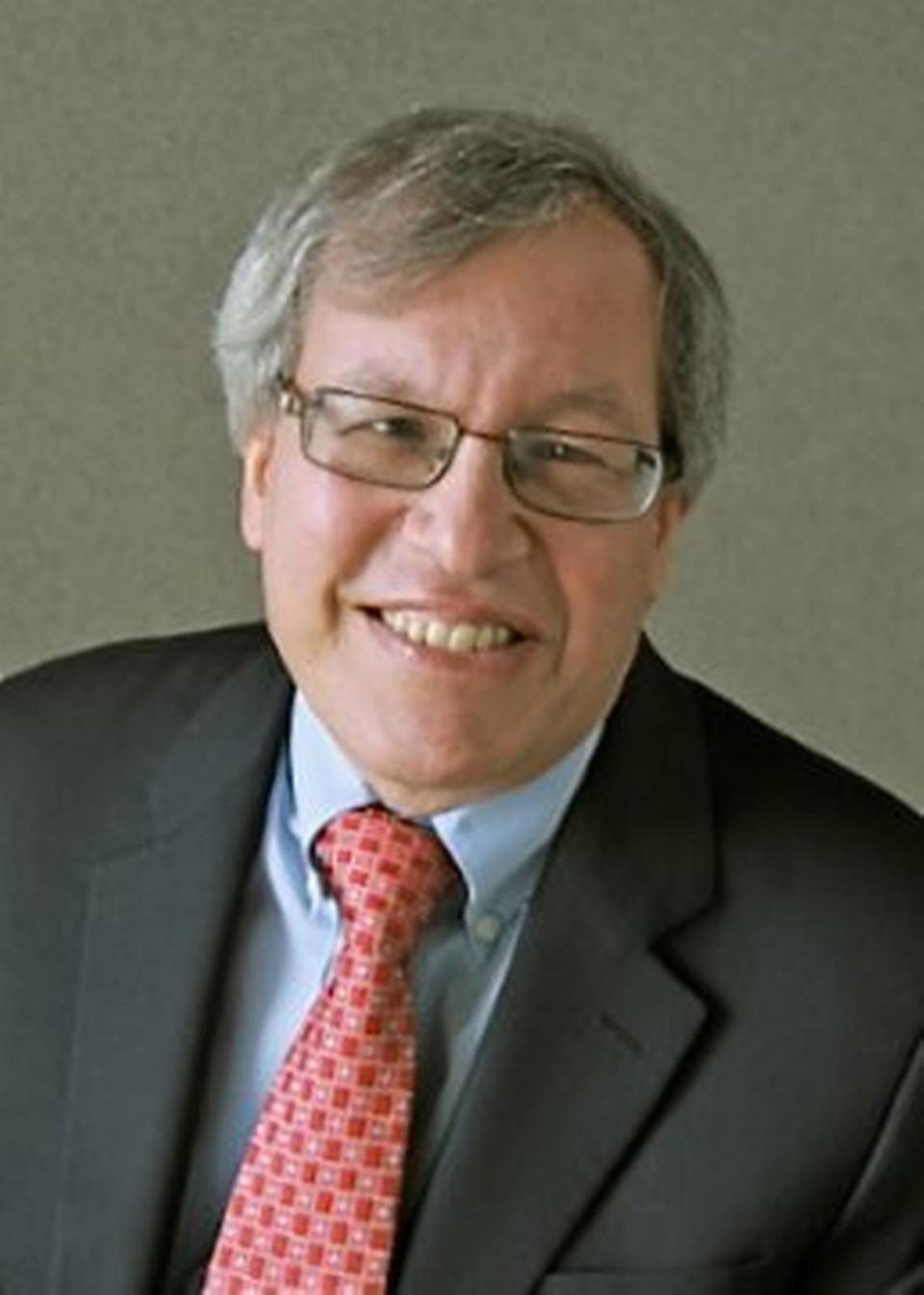Uber is crying wolf yet again to try to get out of protecting its workers | Opinion
It stands to reason that hanging a picture or walking a dog is not as dangerous as driving a car. That’s why Uber should lose in Olson v. California, an important constitutional case recently argued in the U.S. Court of Appeals for the Ninth Circuit.
The court must reaffirm almost 90 years of precedent and hold that economic legislation can treat some businesses (like Uber) differently from others, so long as the law’s distinctions are reasonable.
The case involves Assembly Bill 5, enacted by California in 2019. The purpose of the bill and its subsequent amendments is to ensure that workers are not misclassified as independent contractors so that they are granted employee rights and benefits under California law. This matters enormously, particularly for low-wage workers. Only employees must be paid minimum wage and overtime — the same is not true for independent contractors. Similarly, only employees injured on the job receive medical coverage through workers’ compensation, not independent contractors.
Opinion
In AB 5, the legislature codified the worker-protective “ABC test” to combat misclassification. Under this test, a worker is presumed to be an employee unless the hiring business can prove three factors (dubbed the “ABC” factors) to demonstrate that a worker is truly an independent contractor.
Uber and other gig companies don’t like the ABC test and vehemently opposed AB 5, having spent large sums to overturn it through Proposition 22, an initiative classifying app-based transportation and delivery drivers as independent contractors (a challenge to Prop. 22’s constitutionality is pending in the California Supreme Court).
Meanwhile, Uber brought a constitutional challenge to AB 5 in federal court, saying the legislation violates equal protection because it irrationally treats the company differently from other allegedly similar app-based businesses.
Since 1937, the U.S. Supreme Court has held that economic regulations, such as AB 5, must be upheld so long as they are reasonable. Astoundingly, a three-judge Ninth Circuit panel in Olson v. California found that AB 5 failed this deferential test.
The Ninth Circuit thankfully granted en banc review, meaning that the full court of judges will now decide the case. Hopefully, this will be an easy matter for them.
Uber complains that other app-based businesses like TaskRabbit and Wag! can seek an exemption in AB 5 from the ABC test, when Uber cannot and that the legislature acted with animus in drawing such a line. According to Uber, California has “never answered” why it’s reasonable to distinguish picture-hanging and dog-walking from driving a car.
But the legislature has explicitly answered this question. California Labor Code Section 2777(b)(2)(C), which bars certain businesses (including Uber) from claiming an exemption from the ABC test, promotes AB 5’s purpose by ensuring the worker-protective test applies in a range of dangerous industries. This includes upwards of 40 industry subsectors that California’s occupational safety and health agency, Cal-OSHA, lists annually as “high hazard” industries based on worker injury and illness rates.
Thus, businesses in injury-prone industries are held to the ABC test in order to better protect workers against misclassification that would deprive them of workers’ compensation if they are hurt on the job. The legislature reasonably believed transportation and delivery services (including driving for Uber) involve more serious hazards and risk of injury to workers than dog-walking or picture-hanging. This isn’t the only rationale for AB 5’s line-drawing, but it’s an especially straightforward one.
The legislature rooted its view of dangerous industries in Cal/OSHA’s expertise. Ultimately, however, this isn’t needed to support AB 5 because in cases involving economic regulation, courts have long established that legislatures need not justify their line-drawing with evidence. Their assumptions may even be erroneous as long as they are arguable (such latitude, as courts have recognized, is essential to legislating).
Laws inevitably draw distinctions treating some differently from others. If the Ninth Circuit panel’s ruling in favor of Uber is allowed to stand despite AB 5’s reasonable distinctions, it would open the door to countless challenges to laws regulating the workplace and endanger the ability of legislatures to pass laws protecting workers.
Christina Chung is executive director of the Center for Law and Work at the UC Berkeley School of Law. Erwin Chemerinsky is dean of the UC Berkeley School of Law.



